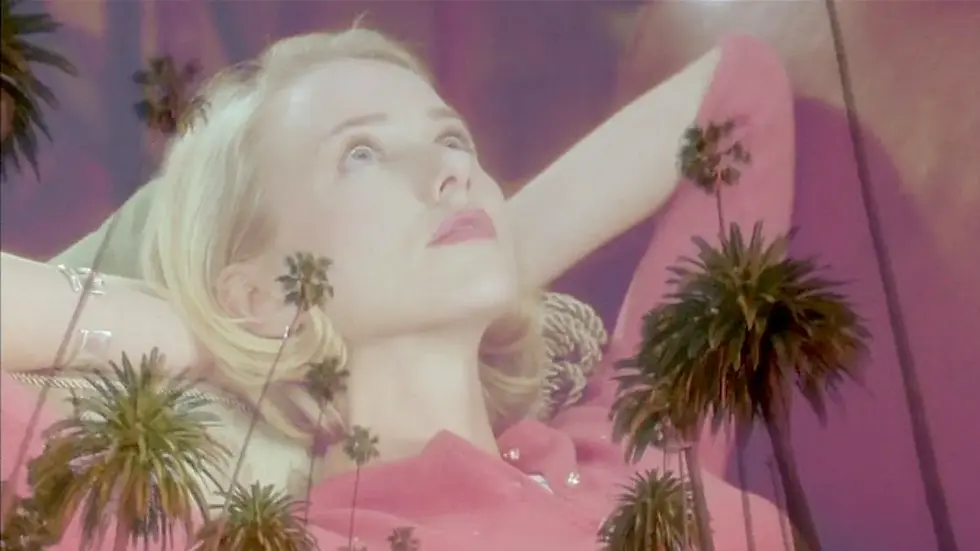Mulholland Drive
- Gus Keller
- Sep 7, 2023
- 1 min read

Mulholland Drive is dense yet ambiguous. It critiques the Hollywood dream, contrasts fame with corruption, and deconstructs storytelling. There are themes of desire, alienation, identity, fantasy, fate, exploitation, obsession, and illusion. It's self-referential, mysterious, romantic, tragic, psychological, metaphorical, satirical, and primal. There's conscious dialogue, motivated characters, detailed symbols, recurring motifs, and deliberate interpretability. The acting is surreal, intense, layered, exaggerated, elaborate, vivid, raw, and stylistic. Ultimately, Mulholland Drive highlights the relationship between dreams and reality by emphasizing visceral feelings over a tangible plot.
Mulholland Drive bends genres, homages, and tones into a deceptive hallucination. The sound adds smash cuts, distortions, silence, alerts, ADR, vibrations, and contrast. Its cast is defining, peculiar, and meta. The effects offer stunts, fire, makeup, prosthetics, smoke, and digitals. Its imagery uses POVs, focus, lighting, motion, composition, reflections, angles, and filters. The editing has layers, dissolves, pacing, inserts, momentum, nonlinears, and montages. Its music is atmospheric, ominous, eclectic, juxtaposing, narrative, and haunting. The production design employs symbols, color, clues, metaphors, aesthetics, and location. Overall, Mulholland Drive is abstract yet intuitive art.
Writing: 10/10
Direction: 10/10
Cinematography: 9/10
Acting: 10/10
Editing: 10/10
Sound: 9/10
Score/Soundtrack: 10/10
Production Design: 10/10
Casting: 8/10
Effects: 8/10
Overall Score: 9.4/10




Comments